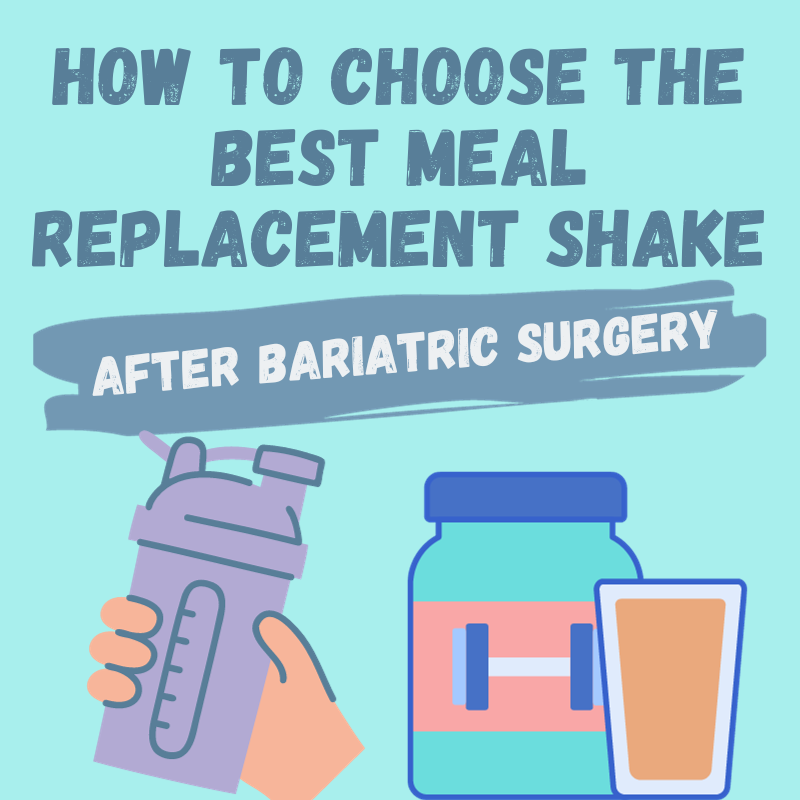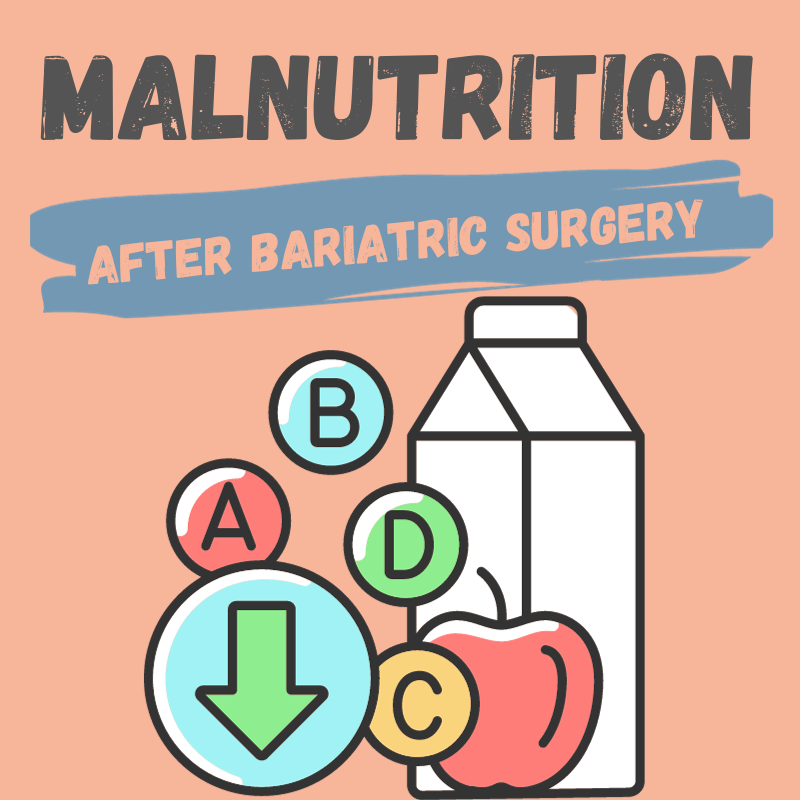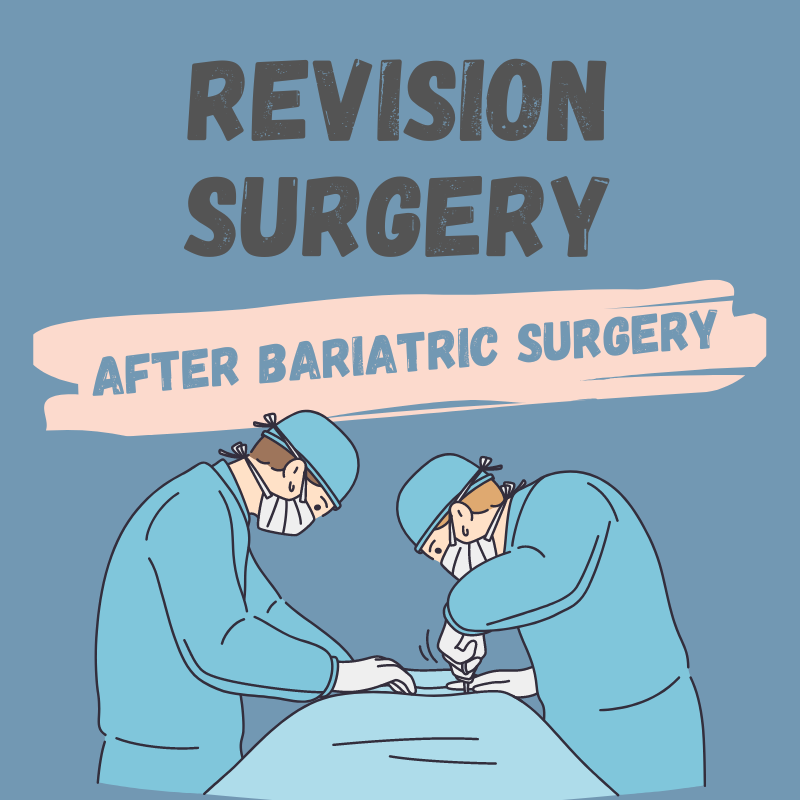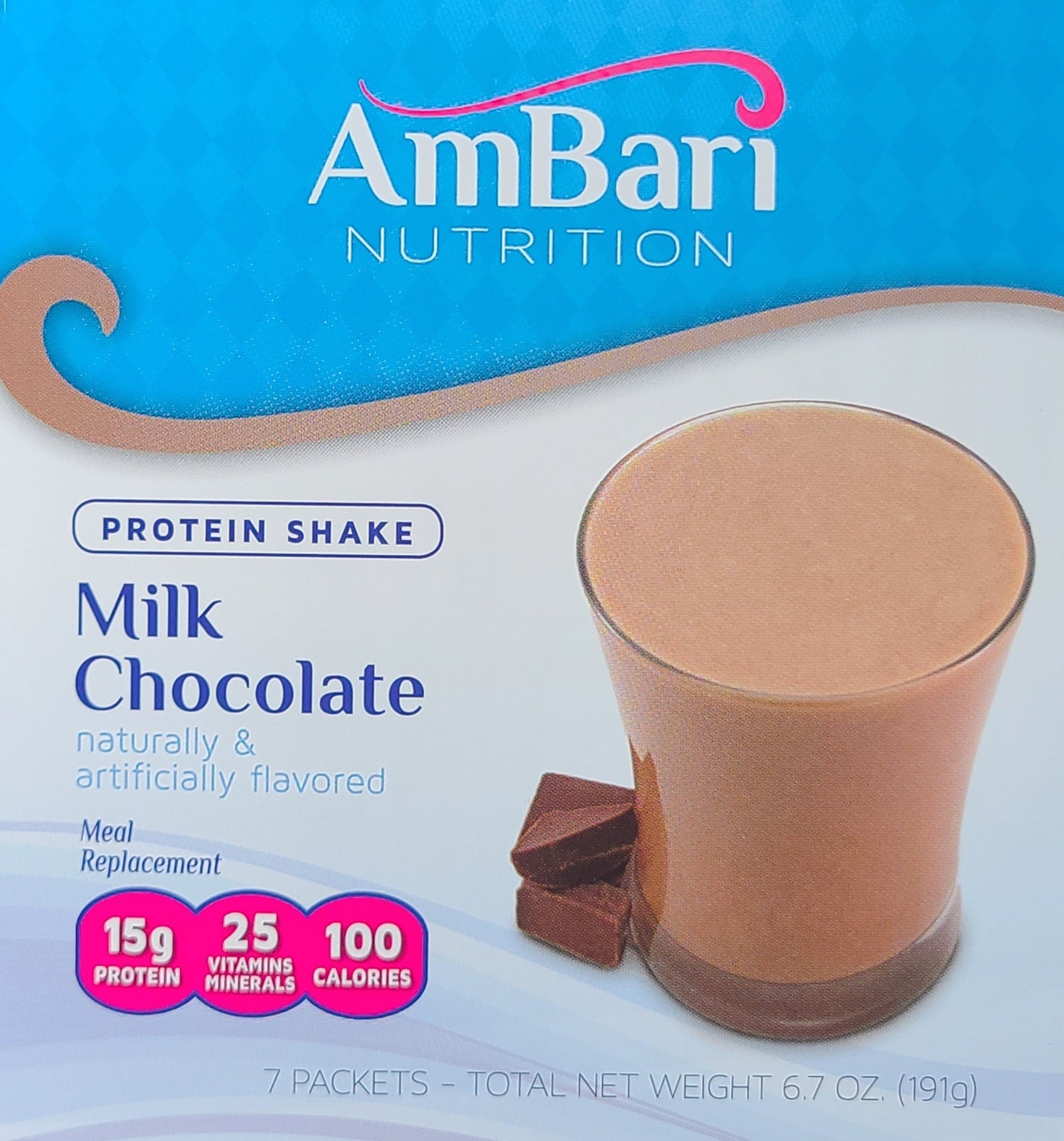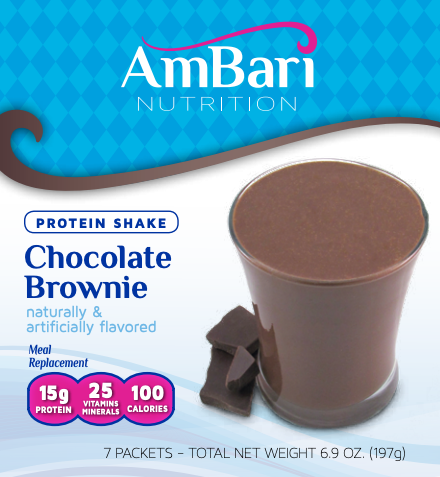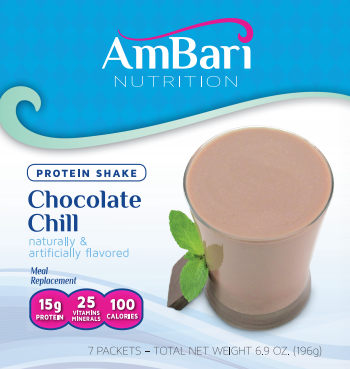Your cart is empty
6 Bariatric Surgery Scars and How to Deal with Them

While bariatric surgery is the most effective solution for chronic obesity, not everyone readily embraces it. Health complications can deter some, while others are held back by the fear and anxiety surrounding the procedure.
Yet, in many cases, it's the concern over noticeable post-surgery scars that takes center stage, deterring many from pursuing weight loss through bariatric surgery.
If the thought of these scars is preventing you from embarking on your journey to a happier and healthier life, you'll be pleased to know that managing these scars is possible.
In this article, we will closely examine bariatric surgery scars, their severity, and how to deal with them effectively.
This knowledge will empower you to make a more informed decision!
6 Types of Bariatric Surgery Scars and Ways to Deal with Them
Bariatric surgery is an umbrella term encompassing various procedures designed for weight loss and obesity treatment. The type of scars one can expect after bariatric surgery depends on the specific procedure and the techniques employed during the surgery.
Here are some of the most common bariatric surgeries and the kind of scars that patients can expect following the treatment.
Open Gastric Bypass Surgery Scars
In open gastric bypass surgery, the surgeon creates a single long incision, typically around 8 to 10 inches in length, starting from the sternum and ending just above the belly button. This incision provides the surgeon with access to the stomach and intestines, allowing for necessary alterations.
Because of this surgical procedure, patients acquire a lengthy and conspicuous scar on their abdomen. This scar requires meticulous care due to its size, which poses a greater risk of infection.
Laparoscopic Gastric Bypass Scars
Laparoscopic gastric bypass surgery is significantly less invasive than open laparoscopic surgery, resulting in faster healing of scars. This is because, in this form of bariatric surgery, the surgeon strategically creates up to 5 small incisions to insert a tiny camera and four different types of surgical instruments needed for the procedure.
These incisions are typically up to 1 inch in length, making them much easier to care for and maintain. In most cases, these scars completely fade away within 12 to 24 months.
Single-Incision Laparoscopic Scars
Single-incision laparoscopic scars are highly preferred by those who wish to avoid any noticeable scarring following their bariatric surgery. As the name suggests, in this type of weight loss surgery, the surgeon makes only one incision at the navel, resulting in reduced scarring and reduced surgical trauma. This bariatric surgery approach ensures a rapid recovery.
However, this procedure demands special training and the use of appropriate tools because the surgery is solely performed through a single hidden incision, making it less widely available.
Multi-Port Laparoscopic Gastric Sleeve Surgery Scars
Multi-port laparoscopic gastric sleeve surgery is one of the most popular forms of bariatric surgery. In this procedure, patients can expect multiple small scars, each about 1/4 to 1 inch long, starting from below the breastbone and ending right above the belly button.
This technique, developed in the 1990s as an alternative to open surgery, involves making small incisions in the abdomen to serve as an entry point for various surgical tools, including a camera and cutting instruments.
Open Gastric Sleeve Surgery Scars
While this form of bariatric surgery is increasingly rare and not commonly practiced, it may still be necessary for certain emergency cases. In an open gastric sleeve surgery, a surgeon creates a single vertical incision extending from the breastbone to the navel.
The resulting scar is notably visible. Due to the numerous associated complications, open gastric sleeve surgery is generally avoided.
Single-Incision Gastric Sleeve Scars
In single-incision gastric sleeve surgery, the surgeon only makes one incision inside the belly button. As a result, the scar in the wake of the surgery is nearly invisible in the folds of the belly button.
The doctors use this singular incision to insert a tube and alter the stomach. This surgery is very technical and complicated to perform due to the small space to perform the surgery. However, studies say that this form of bariatric surgery is quite safe and results in the least visible scars.
How To Deal with Bariatric Surgery Scars

To ensure smooth recovery of the scars, the patients will have to take care of the incision the right way. Here’s what you can do to ensure smooth recovery and minimal scarring:
Clean the incision daily with warm water or as directed by your nurse. Make sure the site of the surgery remains dry. Avoid long showers, swimming, and spas. Keep the incision covered. Avoid smoking because nicotine slows down the healing process. Not just that but smoking also increases the risk of infection due to the high concentration of carbon monoxide in the blood. Ensure adequate rest and quality sleep to support the body's optimal healing. After a couple of weeks, once the scars begin to dry up, you may be instructed by your doctor to moisturize the site with an unscented moisturizer. Avoid exposure to sunlight and apply SPF to prevent permanent scarring. Apply scar cream. Wear loose and comfortable clothes to prevent chafing.Frequently Asked Questions
Q) Do bariatric surgery scars go away?
Yes, with proper care, scars from single-incision and multi-port incisions can often fade within two years. In contrast, scars resulting from open gastric surgeries may necessitate treatments like chemical peels, microneedling, laser therapy, the application of creams and ointments, as well as microdermabrasion, among other options.
Q) How big is the scar from bariatric surgery?
The size of the bariatric surgery scars depends on the surgical procedure. Scars from open gastric surgeries typically measure 8 to 10 inches in length, while in other forms of surgeries, they are typically between ½ to 1 inch long.
Bariatric Food Source — Your Ultimate Destination for Bariatric Nutrition Essentials
Life after bariatric surgery can be challenging, juggling scars, a new reality, medical guidance, and body changes. Bariatric Food Source eases your burden, offering a full range of post-op dietary essentials, from foods to shakes, supplements, smoothies, and bars. We're dedicated to your well-being in this health journey.
Writer: Allison Allison, a certified nutritionist and research author, brings over 15 years of experience in the health and weight loss industry. Allison's influence extends through her authorship of multiple health and wellness journals, where she shares her expertise and research on medical weight loss and bariatric medicine. |
Reviewed By: Dr. K. Huffman Dr. Kevin D. Huffman, D.O., is a board-certified bariatric physician renowned for his expertise in treating obesity. With over 10,000 patients and a reputation as a national leader in bariatric medicine, he has trained hundreds of healthcare providers. As the founder of American Bariatric Consultants, Dr. Huffman develops protocols and training materials sought after by medical societies, pharmaceutical companies, patients, and hospitals. |
Bariatric Guides & Information
More Info
Customer Favorites
- Choosing a selection results in a full page refresh.










